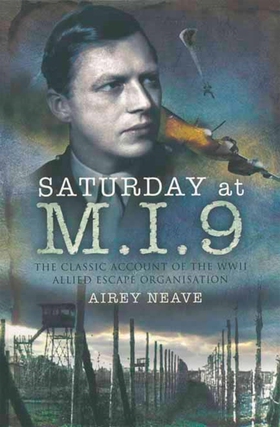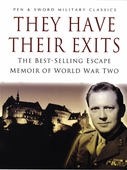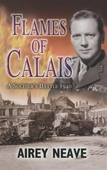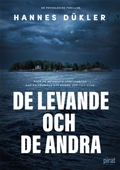
Lägg till önskelistan
Saturday at M.I.9 e-bok
Pris
115 kr
Saturday at M.I.9 is the inside story of the underground escape lines in occupied North-West Europe which brought back to Britain over 4,000 Allied servicemen during World War Two.
Airey Neave, who in the last two years of the war was the chief organiser at M.I.9 gives his own unique account. He describes how the escape lines began in the first dark days of German occupation and how, until the end of the war, thousands of ordinary men and women made their own contribution to the Allied victo...
E-Bok
115 kr
Pris
Förlag
Pen and Sword
Utgiven
23 Februari 2021
Längd
336 sidor
Genrer
Historia & Arkeologi, Biografier & Memoarer, Fackböcker
Språk
English
Format
epub
Kopieringsskydd
Vattenmärkt
ISBN
9781473817968
Saturday at M.I.9 is the inside story of the underground escape lines in occupied North-West Europe which brought back to Britain over 4,000 Allied servicemen during World War Two.
Airey Neave, who in the last two years of the war was the chief organiser at M.I.9 gives his own unique account. He describes how the escape lines began in the first dark days of German occupation and how, until the end of the war, thousands of ordinary men and women made their own contribution to the Allied victory by hiding and feeding men and guiding them to safety.
"There isn't a page in the book which isn't exciting in incident, wise in judgment, and absorbing through its human involvement." Times Literary Supplement.
Airey Neave was the first British POW to make a 'home run' from Colditz Castle. On his return he joined M.I.9 adopting the code name Saturday. He was involved in the Nuremburg war trials. His World War II memoir "They Have Their Exits" was republished by Pen & Sword in 2002 and his classic account of the fall of Calais
'Flames of Calais' is being republished in 2003. Airey Neave's life was tragically cut short by the IRA who assassinated him in 1979 when he was one of Margaret Thatcher's closest political allies.






